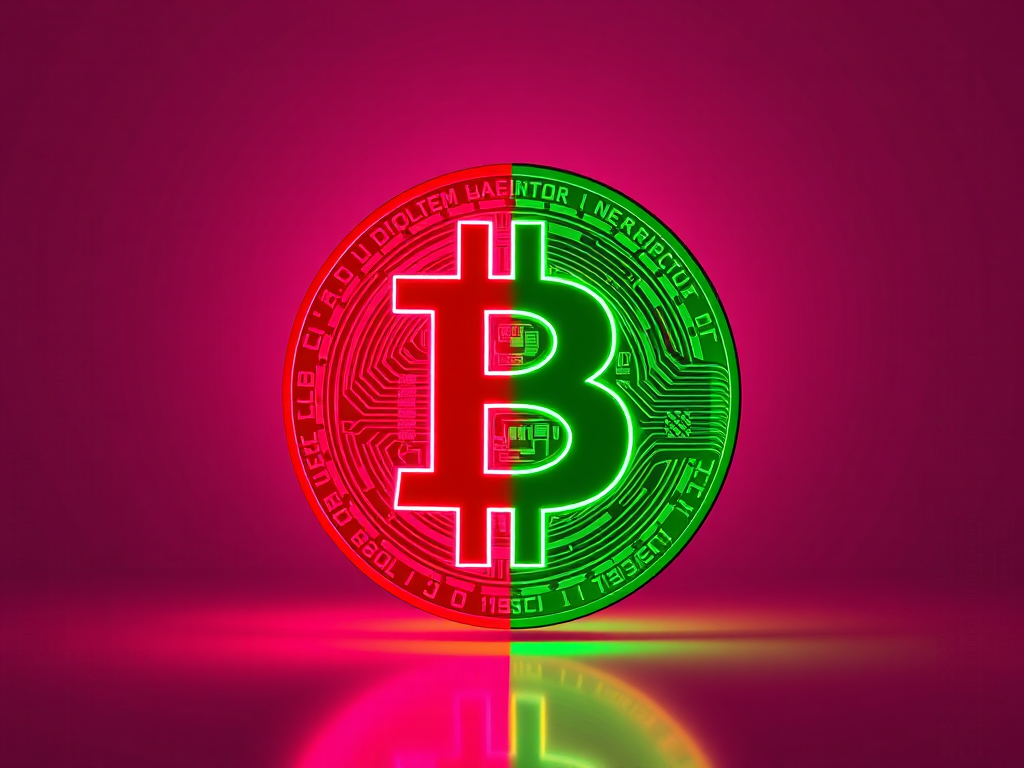Overview
Bitcoin Cash (BCH) is a peer-to-peer electronic cash system that aims to enable fast, reliable, and low-cost transactions. Launched in August 2017 as a hard fork of Bitcoin (BTC), Bitcoin Cash increases the block size limit to 8MB (later 32MB) to allow more transactions to be processed in each block. BCH seeks to fulfill the original vision of Bitcoin as outlined by Satoshi Nakamoto in the Bitcoin whitepaper.
Key Features
• Larger Block Size: Increased block size allows more transactions per block, improving scalability and reducing fees.
• Fast Transactions: BCH transactions are confirmed quickly, making them suitable for everyday transactions.
• Low Fees: Transaction fees on the Bitcoin Cash network are minimal, making it cost-effective for users.
• Decentralized: Like Bitcoin, Bitcoin Cash is decentralized, with no central authority controlling the network.
Technology
• Blockchain: Bitcoin Cash operates on its blockchain, a fork of the original Bitcoin blockchain.
• Proof of Work (PoW): Uses the same proof-of-work consensus mechanism as Bitcoin, with miners validating transactions and securing the network.
• Difficulty Adjustment Algorithm (DAA): BCH uses a DAA to ensure mining difficulty adjusts quickly to changes in network hash power, maintaining consistent block times.
• Replay Protection: Implemented to ensure BCH transactions are not replayed on the Bitcoin network and vice versa.
Market Performance
• Historic Price Trends: BCH has experienced significant price volatility since its launch, influenced by market sentiment and competition with Bitcoin.
• Market Capitalization: Bitcoin Cash consistently ranks among the top cryptocurrencies by market cap, reflecting its broad use and acceptance.
• Adoption Rate: BCH is widely accepted by merchants and used for transactions, especially where low fees and fast confirmations are essential.
Pros
• Scalability: Larger block sizes allow higher transaction throughput and lower fees.
• Fast and Low-Cost Transactions: Suitable for everyday transactions with quick confirmations and minimal fees.
• Decentralization: Maintains the decentralized nature of Bitcoin, ensuring no central control.
• Strong Community: Supported by a community committed to the vision of peer-to-peer electronic cash.
Cons
• Market Volatility: BCH’s price can be highly volatile, influenced by broader market trends and competition with Bitcoin.
• Adoption Hurdles: The company faces challenges in achieving widespread adoption compared to Bitcoin.
• Brand Confusion: Some users may confuse Bitcoin Cash with Bitcoin, affecting its market position.
• Competition: Competes with other scalable blockchain solutions and payment-focused cryptocurrencies.
Conclusion and Final Thoughts
Bitcoin Cash (BCH) aims to fulfill the original vision of Bitcoin by providing a scalable, fast, and low-cost peer-to-peer electronic cash system. Its larger block size and efficient transaction processing make it suitable for everyday use. Despite market volatility and competition, BCH’s strong community support and commitment to decentralization ensure it remains a significant player in the cryptocurrency space. As adoption grows and more users seek efficient payment solutions, Bitcoin Cash’s role as a practical digital currency will likely expand.







